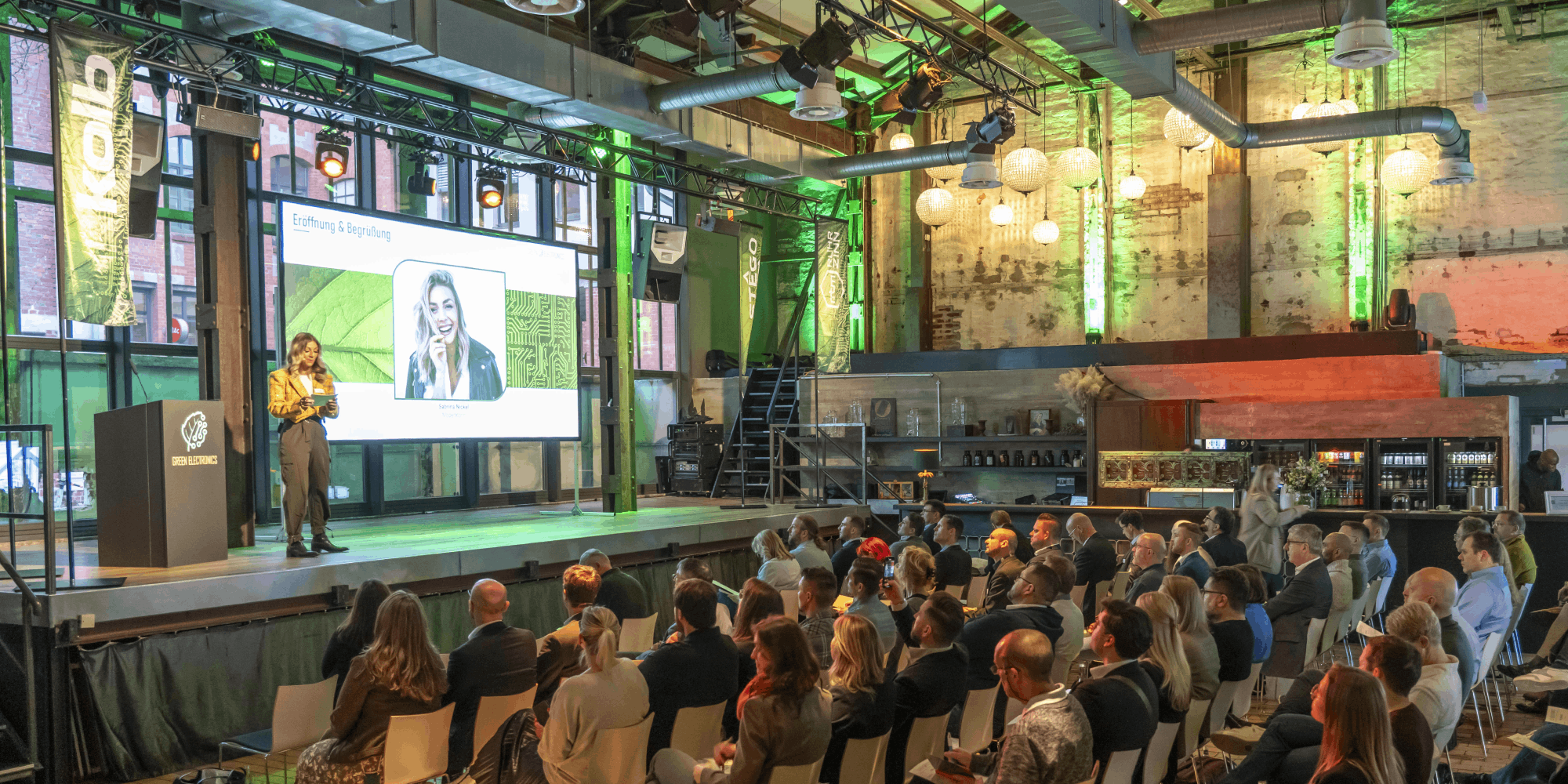Recap - Green Electronics 2025
The second edition of Green Electronics on February 12 and 13, 2025 at the Dr. Thompson's soap factory in Düsseldorf once again proved that sustainability in the electronics industry is not only a necessity, but also a decisive success factor.

Sustainability as a competitive advantage
Green Electronics 2025 - insights and innovations for a sustainable future: This year's Green Electronics brought together leading experts from industry, science and associations to discuss the key challenges and opportunities of sustainable electronics production. High-caliber presentations, practical examples and intensive networking opportunities made it clear that sustainability is no longer just an environmental concern, but a key economic success factor.
Learnings from the presentations
In his keynote speech, Prof. Dr. Rüdiger Hahn (Heinrich Heine University Düsseldorf) emphasized that sustainability management is not only morally imperative, but also makes economic sense. Risks such as supply chain disruptions, loss of reputation or regulatory requirements make it essential for companies to actively engage with sustainable strategies.
Increasing efficiency through sustainable measures was a recurring theme. Rüdiger Hahn and Nils F. Nissen (Fraunhofer-Gesellschaft) showed that companies often discover hidden efficiency potential through sustainability initiatives, which are economically worthwhile in the long term. However, it is not always about maximization - continuous improvements are often the key to success.
Another important learning: small changes can have a big impact. Johannes Rock (Siemens AG) demonstrated this impressively with the switch to digital operating instructions at Siemens. This measure reduces CO2 emissions in one product line alone by an amount equivalent to the annual emissions of 27 cars. The speaker also illustrated how the use of digital twins and energy monitoring contributes to the sustainable optimization of production processes at Siemens.
The circular economy as a decisive factor for resource security was highlighted by several speakers. Killian Schwaiger (Verband Deutscher Metallhändler & Recycler e.V.) showed that recycling is no longer just an environmental measure, but is increasingly becoming a strategic power factor in the global supply of raw materials.

Dr. Mareike Haaß (in4ma) examined the sustainability communication of over 600 EMS companies in a study and found that only a third actively communicate their sustainability measures to the outside world - which shows that there is still a lot of catching up to do in the industry.
But how "green" can electronics really be? Dr. Nils Nissen (Fraunhofer IZM) made it clear that although there is no such thing as completely sustainable electronics, consistently reducing negative impacts through climate protection measures, recycling and innovative technologies is crucial.
Another key topic was Europe's dependence on raw materials. Michael Schmidt (German Raw Materials Agency DERA in the BGR) warned that an export ban on lithium batteries by China could hit the European automotive industry with losses in the double-digit billion range. This dependency requires new strategies to secure raw materials - but these are often thwarted by social and environmental resistance.
Finally, the role of engineering for a sustainable future was also emphasized. Prof. Dr. Markus Glück (Aalen University) emphasized how essential it is to raise awareness of circular economic models and sustainable innovations among young professionals during their training.
Sustainability through collaboration
A key success factor of the event was cross-industry cooperation. Companies, research institutions and associations presented innovative approaches to conserving resources and promoting sustainable production methods through digitalization, the circular economy and new technologies. In addition to the content highlights, the event offered numerous networking opportunities - from a convivial Altbier tour on the evening before to interactive discussion rounds that promoted professional exchange.
Outlook - Green Electronics 2027
Green Electronics 2025 has made it clear that the electronics industry is moving in the right direction, but there are still major challenges ahead. Innovation, collaboration and consistent sustainability management will be key to shaping the future of the industry.
Michael Dehnert, Managing Director of STEGO Elektrotechnik GmbH, puts it in a nutshell: "The implementation of sustainability strategies in companies must not only be considered from a monetary point of view. The focus must also be on socio-ecological aspects that are not immediately reflected in the company's short-term earnings, but which pay off for everyone in the long term." The STEGO Group is committed to this approach and consistently follows the EU's ESG principles. The company wants to develop further in the areas of environmental, social and governance in order to actively contribute to the sustainable transformation of the electronics industry.
The STEGO Group is looking forward with great anticipation to the third edition of Green Electronics in spring 2027, when the event will once again provide a platform for exchange, the presentation of the latest technologies and the further development of sustainable solutions. A big thank you from the organizers - Stannol GmbH & Co KG, kolb Cleaning Technology GmbH, MTM Ruhrzinn GmbH and the STEGO Group - to all participants and speakers as well as to our stand-up comedian Heino Trusheim and our moderator Sabrina Nickel for an inspiring event.
Link to the recap on the Green Electronics event website. Program and pictures of the event on February 12 & 13, 2025: https://green-electronics.net/impressionen-green-electronics-2025

